The People No Country Wants – Rohingya Issue
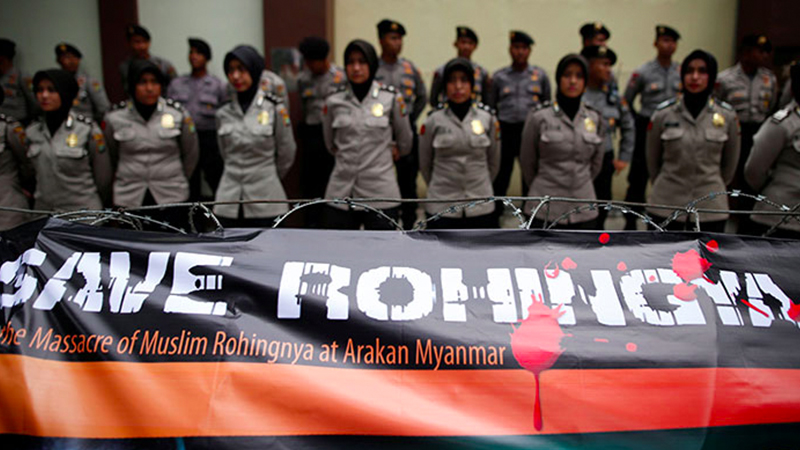
How would you feel if you are denied citizenship of the country you were born and have lived in since decades, deprived of the right to free movement and education, are subjected to routine forced labour, are stripped off your land, are subjected to forced arbitrary taxation and extortion, are raped, tortured and treated in the most inhuman way possible? Well, that’s what is happening with the Rohingya people, a Muslim Indo-Aryan minority ethnic community living in the Rakhine state of Myanmar.
International media and human rights organisations have often described Rohingyas as one of the most persecuted minorities in the world. These people often referred to as “amongst the world’s least wanted”, haven’t been given respect anywhere they go. Since the 1982 Burmese nationality law was enacted, these people have been denied Myanmar citizenship and are not allowed to travel anywhere without official permission.
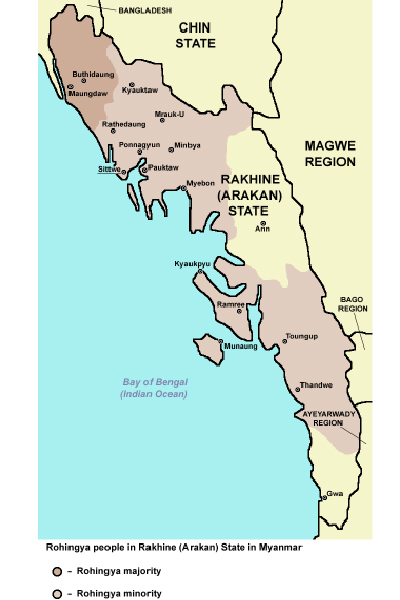
Myanmar even rejects to accept them as an ethnic minority community, officially regarding them as Bengali Muslims who have illegally migrated into their country with plans of establishing a Muslim regime in the state opposing the Buddhist majority.
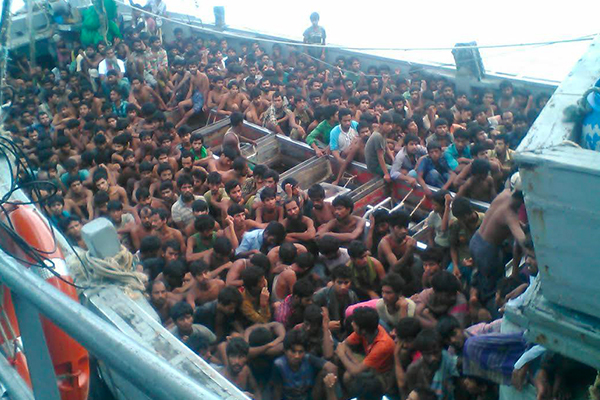
The Rohingya have also lost a lot of arable lands, which has been confiscated by the military to give to Buddhist settlers from elsewhere in Myanmar. According to Amnesty International, the Rohingya have suffered from human rights violations under the military dictatorship since 1978, and many have fled to neighbouring Bangladesh as a result.
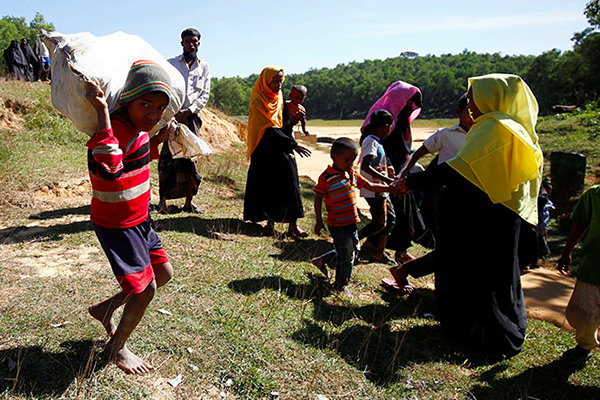
Many Rohingyas have also been fleeing to Thailand and other countries as a means to escape the Burmese brutality. However, they are not all welcome there. The Bangladeshi government has reduced the amount of support for Rohingyas to prevent an outflow of refugees to Bangladesh. Even in Thailand, there have been charges of Rohingyas being shipped out and towed into open sea by the Thai army.
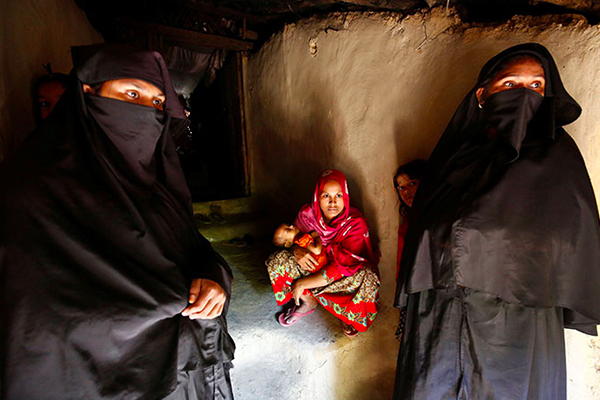
Recent reports just a couple of days ago indicate Rohingya women being raped and tortured by Myanmar soldiers who are using sexual violence as a means of “ethnic cleansing” of the Muslim community, according to a UN official.
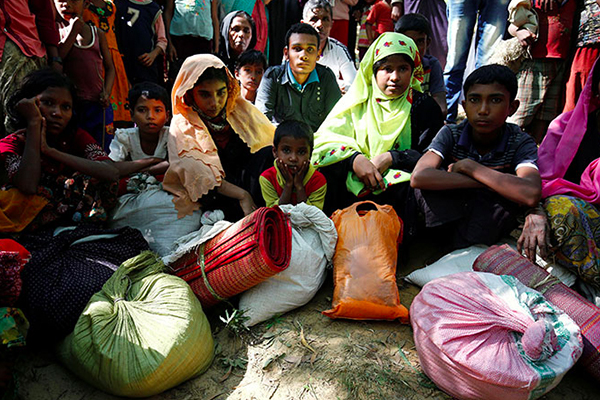
Conversations of some leading journalists with 20-year-old Habiba who has now found shelter with a Rohingya refugee family a few kilometres from the Bangladesh-Myanmar border reveal a hair-raising reality. She says, “They tied both of us to the bed and raped us one by one. We’re almost starving here. But at least no one is coming here to kill or torture,” said Hashim Ullah, Habiba’s older brother who escaped with his sisters. Habiba and her sister Samira, 18, say they were raped in their home in Udang village by troops who then burnt down their house. “One of the soldiers told us before leaving that they will kill us if they see us around the next time they come here. Then they torched our house.” Similar stories have been told by escapees from gang rape and torture by the Myanmar forces who have been known to use rape as a means of war.
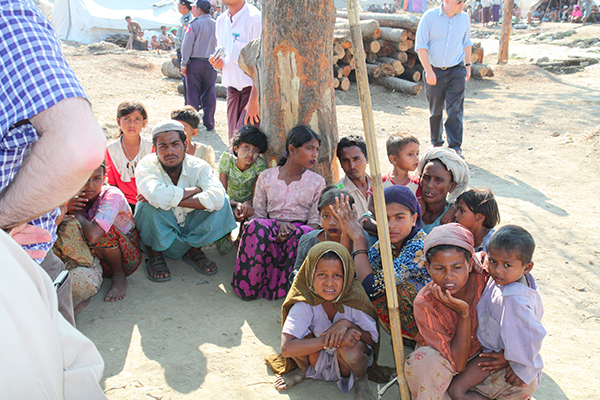
Such human rights violations need to be immediately addressed by international humanitarian organizations and the perpetrators need to be punished severely. For only action and not mere talks in a peace conference can help in providing justice for those subjected to a lifetime of suffering.





